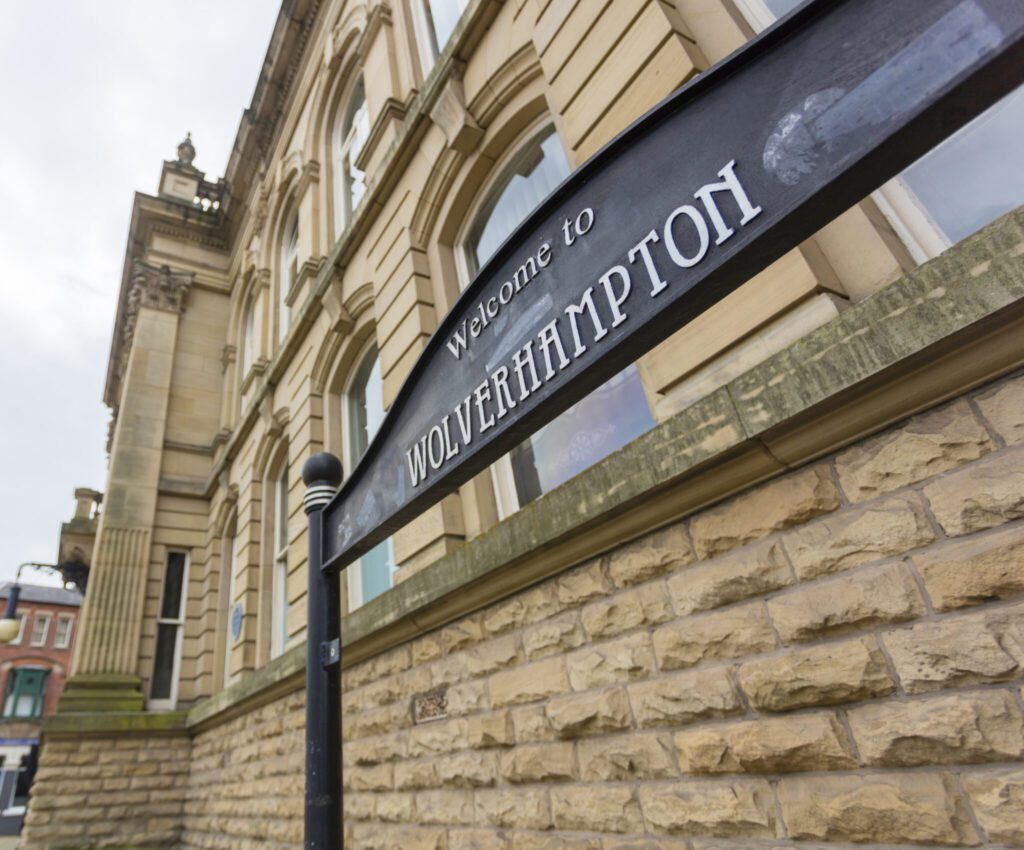Out-of-town PHVs can’t avoid council’s ‘rigorous checks’

A council says it is keeping a close eye on thousands of private hire taxi drivers who are registered with it but could be working hundreds of miles away.
City of Wolverhampton Council had faced a backlash from some authorities for licensing almost 9,000 private-hire drivers working in Manchester, and 300 operating in the capital.
Greater Manchester Mayor Andy Burnham called for people to boycott “out-of-town” private-hire taxis working in Manchester because they “undermined public safety”.
He also accused the council of carrying out “less-stringent” checks on drivers working 80 miles away from where they are licensed.
And Transport for London accused Wolverhampton of “undermining key objectives” by licensing 300 private-hire drivers who were working in the capital, claiming it was an attempt by drivers to avoid London’s licensing requirements and raised questions about safety.
But the council insists that wherever a driver works, its checks are as rigorous and stringent as those carried out by other authorities. It said public safety is always put first and the driver and their vehicle are thoroughly checked, including driving licence, taxi insurance and the condition of the vehicle.
A spokesperson said: “While City of Wolverhampton Council has never actively encouraged applications from drivers outside the city, existing legislation requires that if an application is submitted and requirements are met, then the application must be granted. The council may not refuse an applicant simply because they live in a different area.
“Our early adoption of digital technology has allowed us to offer a simple and efficient online application procedure, with the requirement that drivers attend in person for training and strict assessment before an application can be processed.
“Applicants are usually local to the area they drive in, but many have chosen to be licensed in Wolverhampton due to our efficient, yet rigorous, licensing process.
“Public safety is of paramount importance to us. Partnership working with our licensing colleagues and other agencies shows our commitment to upholding our responsibilities; we expect drivers and vehicles licensed by us to always maintain the highest standards.
“This is irrespective of the administrative boundary within which they are operating at any particular time. City of Wolverhampton Council takes its enforcement responsibilities seriously and our officers are out across the country, every Friday and Saturday night, working to protect the public.”
In order to obtain a private-hire taxi licence from Wolverhampton, drivers must go through an enhanced Disclosure and Barring Service (DBS) check and the council’s electronic monitoring system check for updates daily. If an issue is found, the council says it takes “immediate appropriate action to ensure the safety of passengers”.
As with other authorities, drivers must have held a UK driving licence for at least one year before applying for a taxi licence and must hold valid private-hire insurance. Approving drivers with motoring convictions is considered against the council’s guidelines.
Drivers must undergo medical certification to Driver and Vehicle Licensing Agency (DVLA) Group 2 Standards. This may only be completed by a General Medical Council registered practitioner.
They must also attend an in-person driver training and assessment programme which includes safeguarding children and vulnerable adults, child sex exploitation awareness, modern slavery, vehicle and licence conditions, enforcement and compliance, road and passenger safety, as well as personal safety.
The training programme concludes with a written assessment of which the council points out 55% of applicants failed between 2021 and 2022.
Once further licensing and criminal background checks are complete, the applicant is called into the council.
The spokesperson added: “Finally, the driver must attend our offices in person, where they undergo facial verification against their driving licence and proof of right to work in the UK. We use a state-of-the-art system which uses the same technology as can be found at Border Control’s ePassport Gates in UK airports.”





